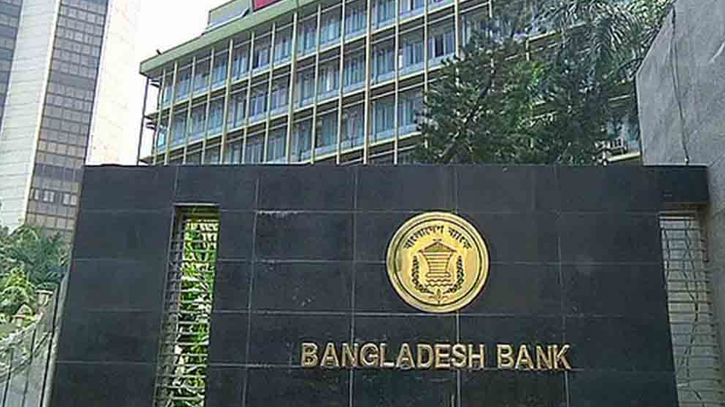
Photo: Collected
Some have smuggled illegally acquired black money through bribery, corruption, and extortion without depositing it in banks, keeping it in chests and cupboards at home. Some have even built bank-like vaults inside their houses. They are smuggling it as time permits.
According to Bangladesh Bank's latest report, people outside the banking system hold Tk 2 lakh 70 thousand crores. As a result, banks face a liquidity crisis. Those concerned said that if this money is recovered, the ongoing crisis in the banking sector will be resolved to a large extent. Additionally, government revenue will increase. A special operation is required for this.
Bangladesh Bank statistics show that in May last year, cash held by people outside the banking system was Tk 2 lakh 55 thousand 819 crores. In May of this year, it increased to Tk 2 lakh 70 thousand 658 crores. This indicates that the amount of cash in people's hands has increased by Tk 14 thousand 829 crores in one year.
Bankers said that the cash crunch in the banking sector has become evident. Many banks are unable to refund money as per customer demand. Banks are borrowing from Bangladesh Bank daily to meet this crisis. However, a class of people has accumulated a mountain of money, but these funds are not entering the banking channel. As a result, the cash crunch in the banking sector has worsened.
Analysts said that real interest rates should be kept above inflation to increase people's tendency to keep money in banks at higher rates. Simultaneously, arrangements should be made to recover money from those who have earned it through corruption. Otherwise, banks will not have enough money to invest in the future, and their investment capacity will decrease.
Regarding this, Dr. Zahid Hussain, the former chief economist of the World Bank's Dhaka office, told The Daily Messenger, “When people face uncertainty and the law-and-order situation deteriorates, they suffer from a lack of confidence. Due to this lack of trust, people feel more comfortable keeping money in their hands instead of in banks.”
“The people of the country were in panic last July and before that. People felt insecure.
Now that's mostly gone, and the law-and-order situation has started to improve. A part of the cash in people's hands will likely come into the banking channel soon. Apart from this, special operations should be conducted to recover money from those who earned it through corruption and bribery,” he added.
Those concerned said that the level of corruption in the country has increased at an unusual rate over the last 15 years. Under the government's protection, politicians, bureaucrats, and almost all categories of government party members have become involved in corruption. As a result, some have smuggled black money earned through corruption abroad, while others have bought dollars and stored them at home.
Some have even stored cash in their homes like bank vaults. Consequently, the cash crunch in the banking sector has become evident. They believe that if a special operation is conducted to recover this money, the cash flow of banks will increase.
It should be noted that a certain amount of money must be spent daily for living expenses or buying goods and services. Beyond this, excess money is typically deposited in banks or financial institutions. Bangladesh Bank calculates the amount of money in people's hands by subtracting the money deposited in banks from the total currency in circulation in the country.
Messenger/Disha








